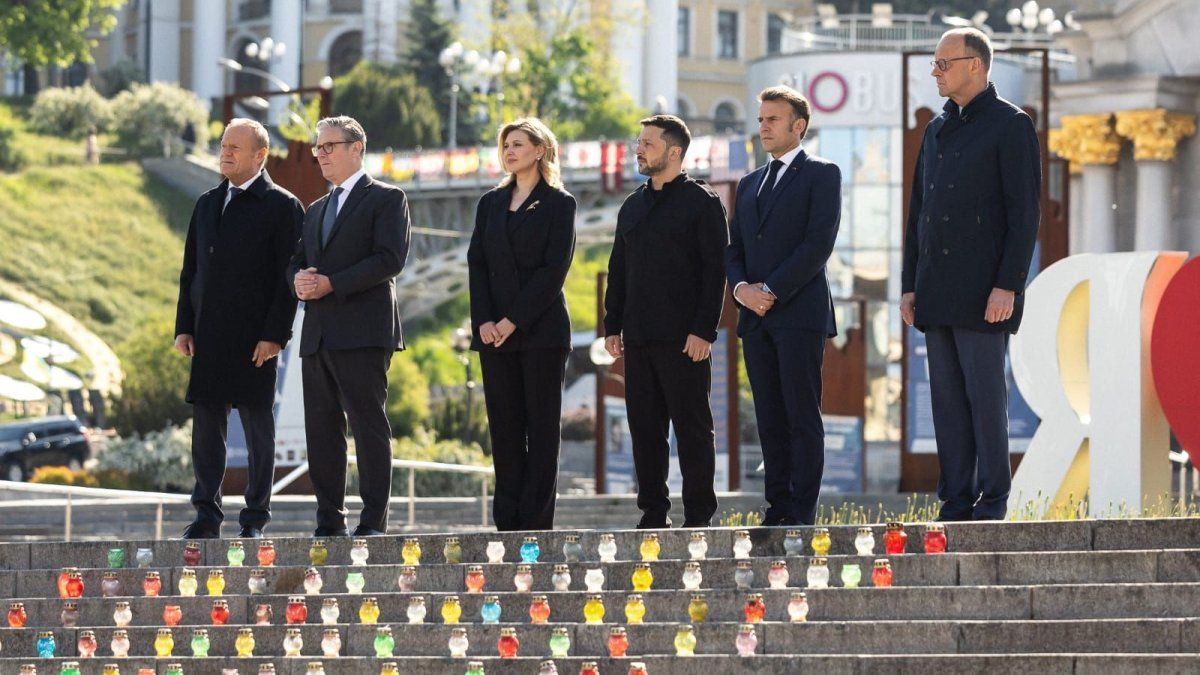Menu
Services: The waiting time for letters will increase in 2025
Categories
Most Read
Why the price of gold could rise even more dramatically
October 18, 2025
No Comments
The widow’s pension is offset against your own pension
October 18, 2025
No Comments
Migration of companies: shareholder advocates support Merz’s push for a European stock exchange
October 18, 2025
No Comments
What are the modifications that are coming?
October 17, 2025
No Comments
Delinquencies in families rose in August for the tenth month in a row and reached a record of 6.6%
October 17, 2025
No Comments
Latest Posts

European leaders reaffirmed their support for kyiv after Volodymyr Zelensky’s meeting with Donald Trump
October 18, 2025
No Comments
The president of Ukraine, Volodymyr Zelenskybriefed European leaders on their Friday meeting in Washington with the American, Donald Trump. They stressed the urgency of achieving

FC Bayern vs. BVB: These duels decide the game
October 18, 2025
No Comments
PierceI am Pierce Boyd, a driven and ambitious professional working in the news industry. I have been writing for 24 Hours Worlds for over five

On foot through South Australia: The most beautiful long-distance hiking trails
October 18, 2025
No Comments
The South Ocean Walk leads along the cliffs. South Ocean Walk leads along the cliffs The Wild South Coast Way is part of the Heysen
24 Hours Worlds is a comprehensive source of instant world current affairs, offering up-to-the-minute coverage of breaking news and events from around the globe. With a team of experienced journalists and experts on hand 24/7.

